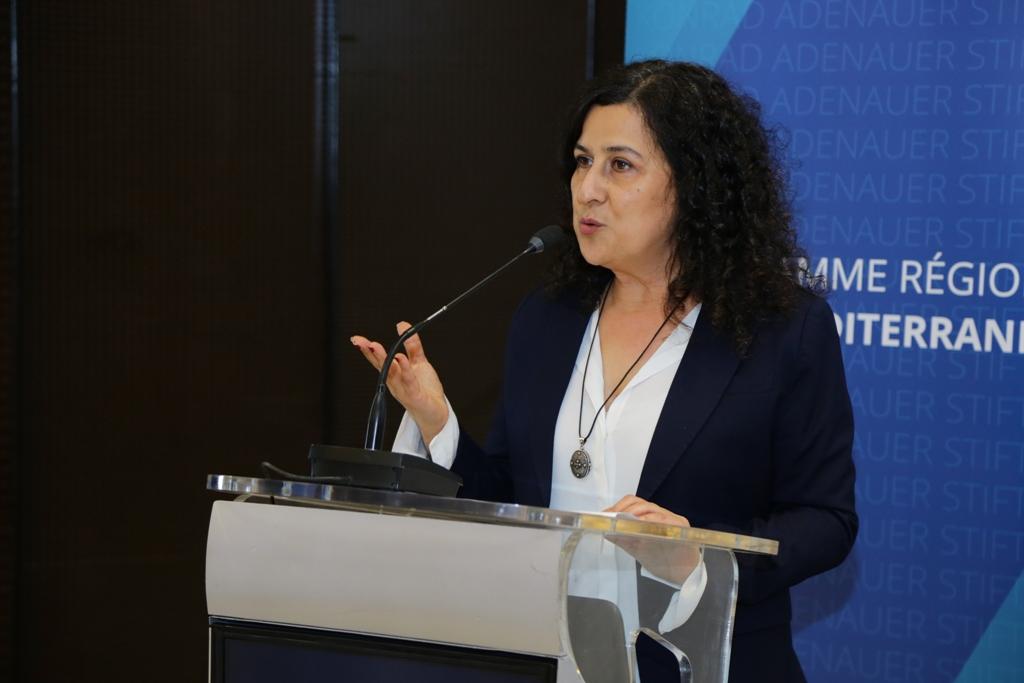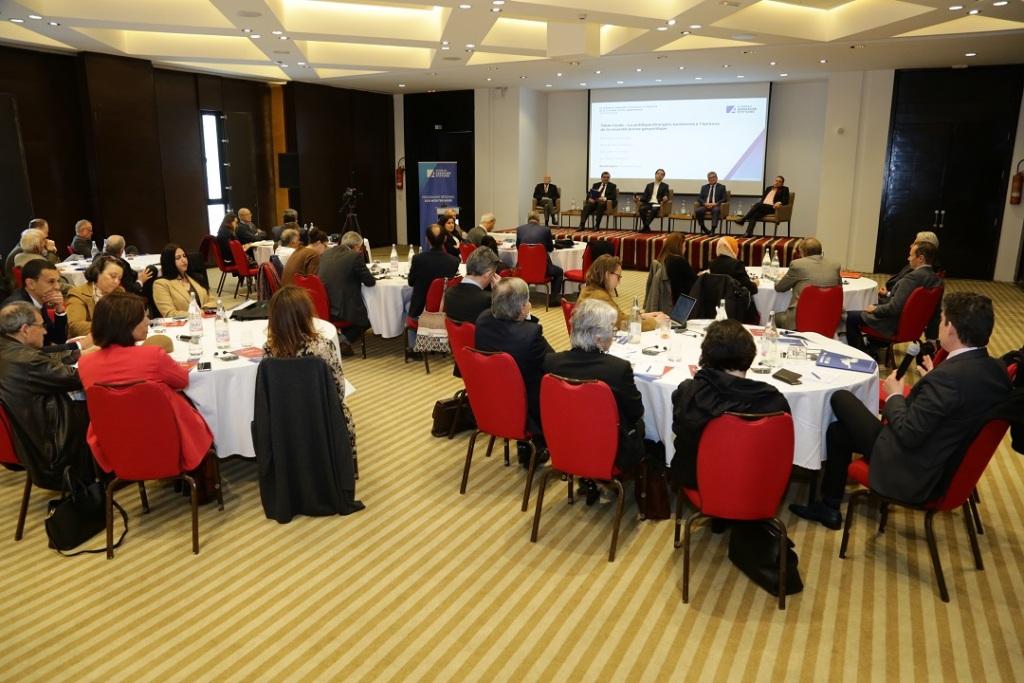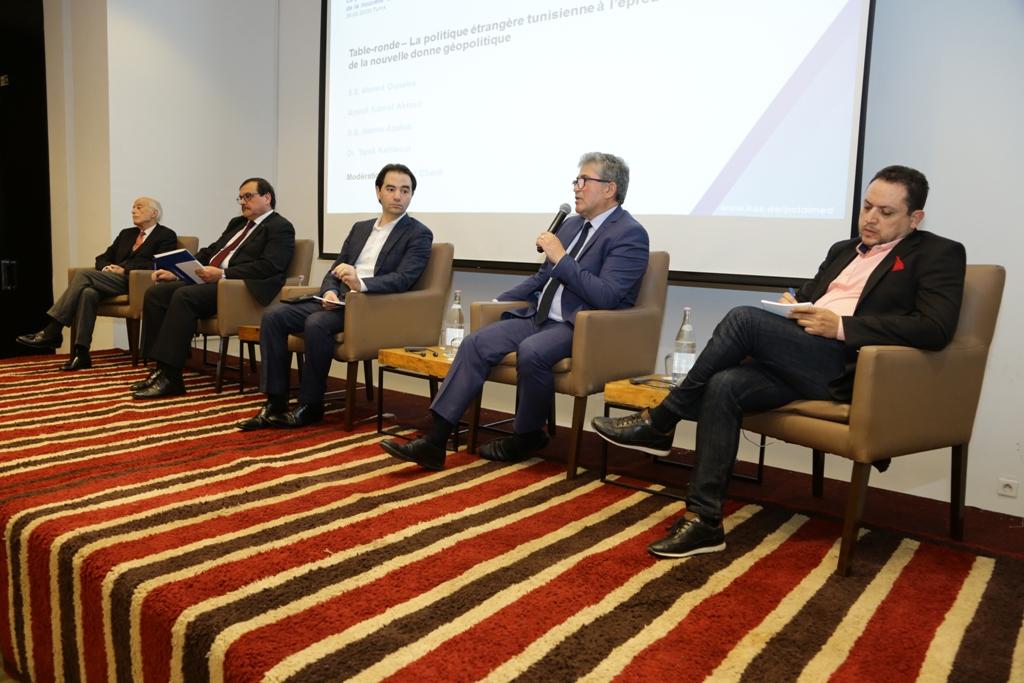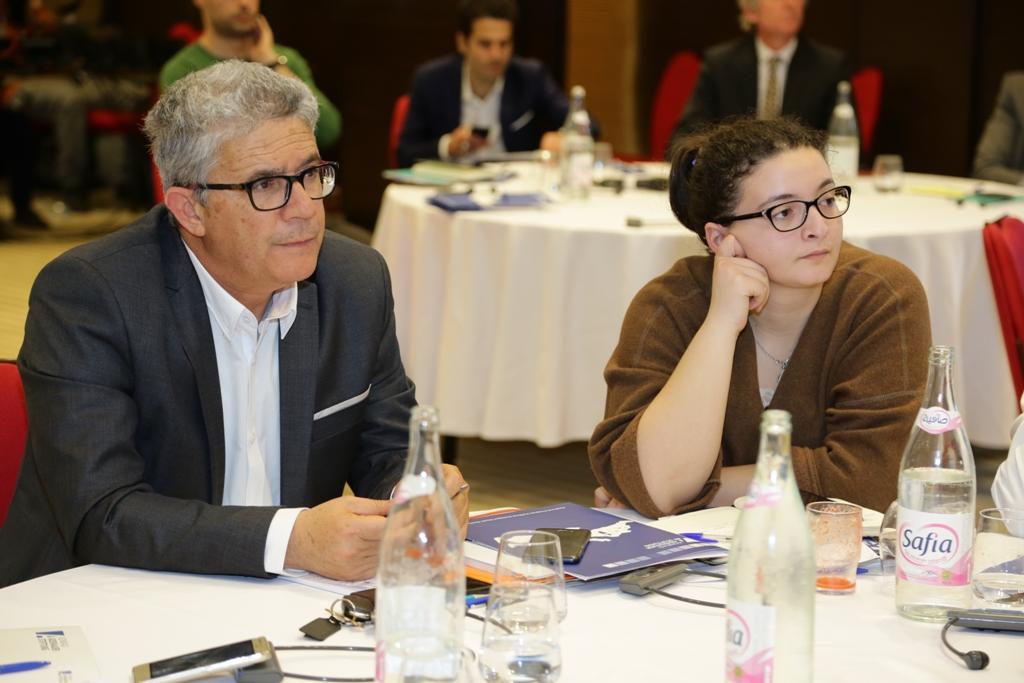Straddling two regions - the Middle East and North Africa - where major conflicts are concentrated, Tunisia has the opportunity to contribute to efforts to promote dialogue and cooperation for peace and stability in its immediate neighborhood. Moreover, hailed for the "positive neutrality" that characterizes its non-interference diplomacy, Tunisia is in a unique position to reaffirm its role as a conciliator and actor of dialogue in the region. The Regional Program South Mediterranean gathered former Tunisian ambassadors and diplomats, experts, researchers and representatives of international organizations for a discussion forum on the opportunities and challenges brought by Tunisia's election to the United Nations Security Council.
The first part of the discussions focused on visions and forecasts with respect to the shifts occurring in Tunisia’s future diplomacy after the 2019 Presidential elections. From the relationship of Tunisia with international organizations to its role in the UN agencies as well as its position in the Union for Africa, the discussions raised questions on the effects Tunisia’s new international responsibilities will have on the country’s global geopolitical position.
The discussion forum underlined the importance of Tunisia adapting its foreign policy to the growingly conflictual and polarized environment in its immediate neighborhood. In that sense, the experts and researchers touched upon the necessity of defending multilateralism in promoting common regional initiatives such as the 5+5 dialogue or the Arab Maghreb Union. On the rise of conflicts in Tunisia’s direct neighborhood, the speakers highlighted the importance of more Tunisian implication in discussions to resolve the Libyan conflict or the multilayered conflicts in the Sahel. The discussion forum once again underlined how central a transparent and forward-looking dialogue is to a successful leadership role of Tunisia in the international scene.











